14 start with R start with R

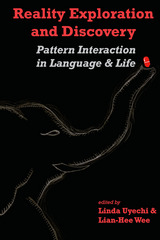
The twenty-five papers in this volume present current analyses of a variety of data and, more significantly, illustrate the various analytical tools available to linguists in the quest for deeper comprehension of the puzzles, questions, and problems they confront in natural language. The distinguished authors collected here explore interactions between linguistic structure and sound patterns across a diverse set of languages. The integrating theme of the volume is the influence of K. P. Mohanan’s philosophy of inquiry, derived not only from his rich body of diverse work but also from the fresh perspectives and intellectual vitality that he has shared with colleagues and students in a career spanning over three decades.
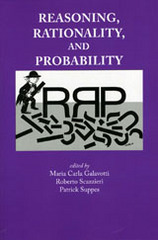
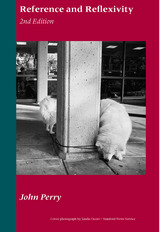
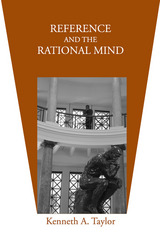
To demonstrate his view, Kenneth A. Taylor offers original and provocative accounts of a wide variety of semantic, pragmatic, and psychological phenomena, such as empty names, propositional attitude contexts, the nature of concepts, and the ultimate source and nature of normativity.
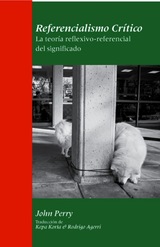
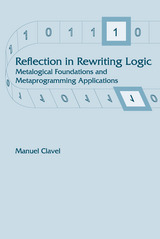
This book proposes a general theory of reflective logics and reflective declarative programming languages. This theory provides a conceptual foundation for judging the extent to which a computational system is reflective. Manuel Clavel presents a proof of the reflective nature of rewriting logic and provides examples of the potential for reflective programming in a number of novel computer applications. These applications are implemented in Maude, a reflective programming language and environment based on rewriting logic that can define, represent and execute a breadth of logics, languages and models of computation. A general method to easily build theorem-proving tools in Maude is also proposed and illustrated. The book goes on to promote the notion of a "universal theory" that can simulate the deductions of all representable theories within any given logic.
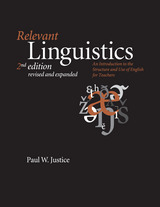
Each chapter of Relevant Linguistics leads students through descriptive analysis, helps them grasp linguistic concepts, and provides them with the reference materials necessary for their own teaching. This second edition contains more exercises as well as expanded and clarified explanations of the issues discussed in the first edition. Also included are more references to areas such as the history of English and semantics.
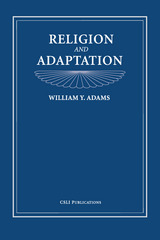
The volume uses a wide variety of ethnographic and historical sources to support its analysis, beginning with two detailed case studies of the religions practiced by Navajo Indians and Arab villagers. An intriguing comparison of these two systems of faith reveals the difficulty of finding one definition of religion. William Adams explores this problem of definition, suggesting that religion and science actually share the role of providing logical explanations in human society. In subsequent chapters, he considers the development of religious systems, the growth of religious consciousness in the individual, and the dynamics of religious change. The book ultimately aims to be a purely empirical study that probes the reasons for the existence of religion and its role as a moral and stabilizing force in human societies.
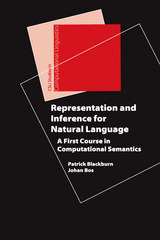

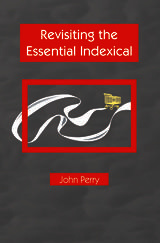

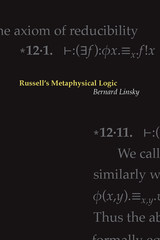
READERS
Browse our collection.
PUBLISHERS
See BiblioVault's publisher services.
STUDENT SERVICES
Files for college accessibility offices.
UChicago Accessibility Resources
home | accessibility | search | about | contact us
BiblioVault ® 2001 - 2024
The University of Chicago Press









